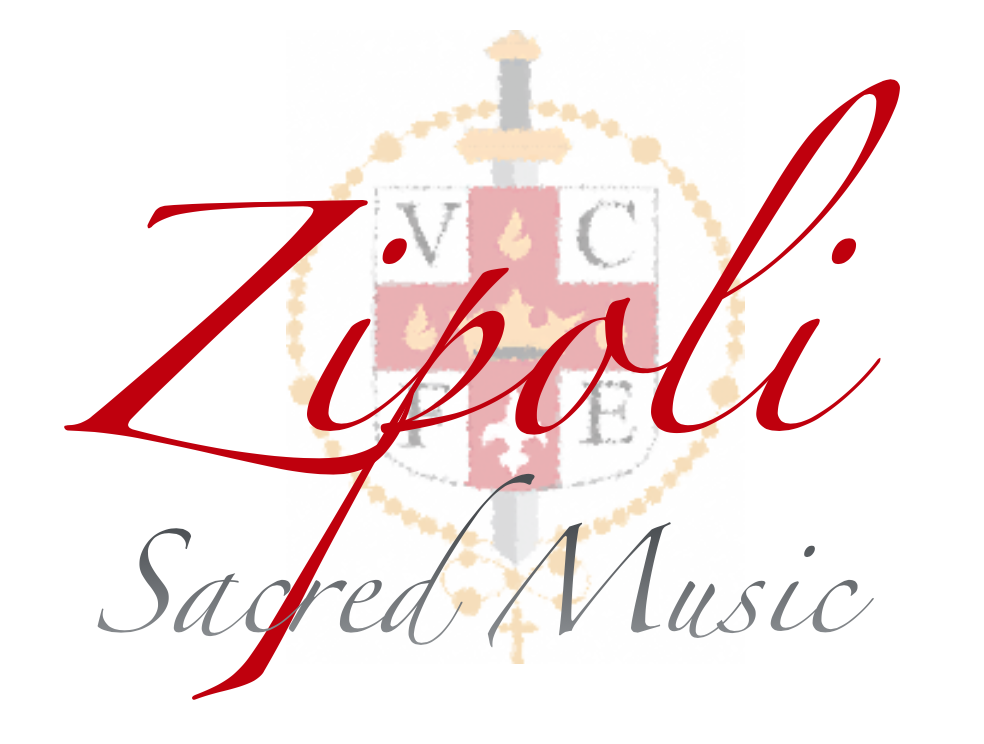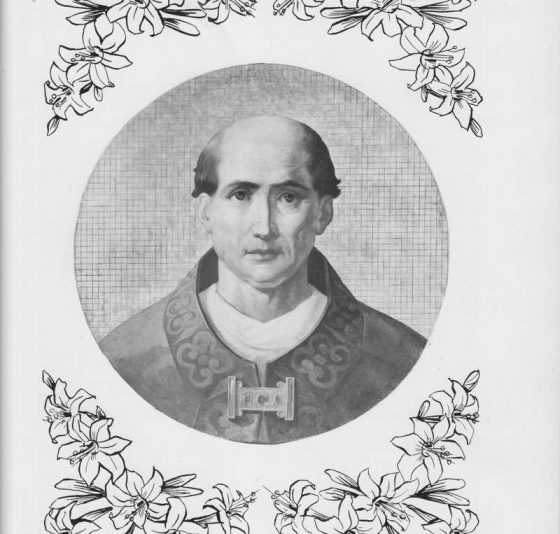Polyphony is Given Papal Approval
BUll of Pope John XXII, Issued in The Year 1324-1325, At Avignon
(Latin and English Translation taken from Oxford History of Music, Vol. 1, London:
Oxford University Press, 1929)
"Certain disciples of the new school, much occupying themselves with measured dividing of the tempora, display their prolation in notes which are new to us, preferring to devise methods of their own rather than to continue singing in the old way; the music therefore of the divine offices is now performed with semibreves and minims, and with these notes of small value every composition is pestered. Moreover, they truncate the melodies with hoquets, they deprave them with discants, sometimes even they stuff them with upper parts (triplis et motetis) made out of secular songs. So often that they must be losing sight of the fundamental sources of our melodies in the Antiphoner and Gradual, and may thus forget what that is upon which their superstructure is raised. They may become entirely ignorant concerning the ecclesiastical Tones, which they already no longer distinguish, and the limits of which they even confound, since, in the multitude of their notes, the modest risings and temperate descents of the plainsong, by which the scales themselves are to be known one from another, must be entirely obscured. Their voices are incessantly running to and fro, intoxicating the ear, not soothing it, while the men themselves endeavor to convey by their gestures the sentiment of the music which they utter. As a consequence of all this, devotion, the true end of worship, is little thought of, and wantonness, which ought to be eschewed, increases.
This state of things, hitherto the common one, we and our brethren have regarded as standing in need of correction; and we now hasten therefore to banish those methods, nay rather to cast them entirely away, and to put them to flight more effectually than heretofore, far from the house of God. Wherefore, having taken counsel with our brethren, we straitly command that no one henceforward shall think himself at liberty to attempt those methods, or methods like them, in the aforesaid Offices, and especially in the canonical Hours, or in the solemn celebrations of the Mass.
And if any be disobedient, let him, on the authority of this Canon, be punished by a suspension from office of eight days; either by the Ordinary of the diocese in which the forbidden things are done or by his deputies in places not exempt from episcopal authority, or, in places which are exempt, by such of their offices as are usually considered responsible for the correction of irregularities and excesses, and such like matters.
Yet, for all this, it is not our intention to forbid, occasionally - and especially upon feast days or in the solemn celebrations of the Mass and in the aforesaid divine offices - the use of some consonances, for example the eighth, fifth, and fourth, which heighten the beauty of the melody; such intervals therefore may be sung above the plain cantus ecclesiasticus, yet so that the integrity of the cantus itself may remain intact, and that nothing in the authoritative music be changed.
Used in such sort the consonances would much more than by any other method both soothe the hearer and arouse his devotion, and also would not destroy religious feeling in the minds of the singers. "


